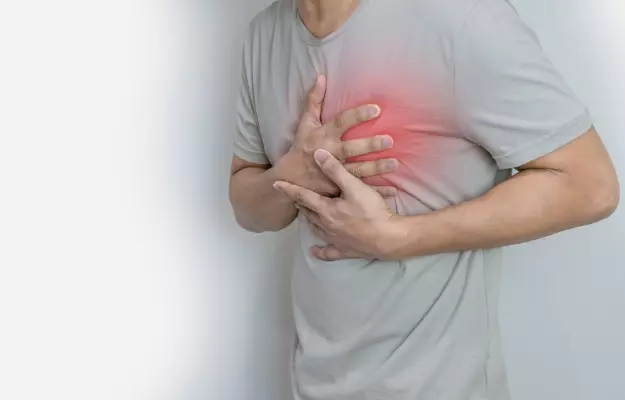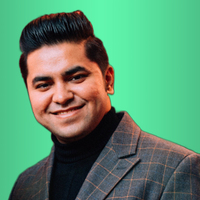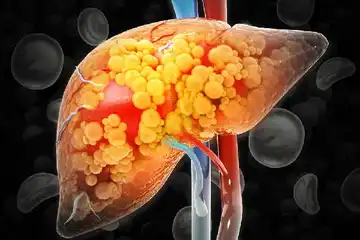When the blood flow to the heart muscle is not done properly, that condition is called myocardial ischemia. In such a situation, the risk of heart attack increases. Symptoms of myocardial ischemia include discomfort, tightness, and pressure in the chest, as well as nausea and pain in the upper part of the body. At the same time, coronary artery disease and blood clots have been considered as the reason for this. As a treatment, apart from taking the medicines prescribed by the doctor, angioplasty and coronary artery bypass surgery can be done, so that the blood flow to the heart can be improved.
You can know the treatment for heart disease by clicking on the link given here.
Today in this article, you will know in detail about the symptoms, causes, and treatment of myocardial ischemia -
(Read More - How Does Heart Disease Affect the Body)

 Doctors for Myocardial Ischemia
Doctors for Myocardial Ischemia  OTC Medicines for Myocardial Ischemia
OTC Medicines for Myocardial Ischemia



















